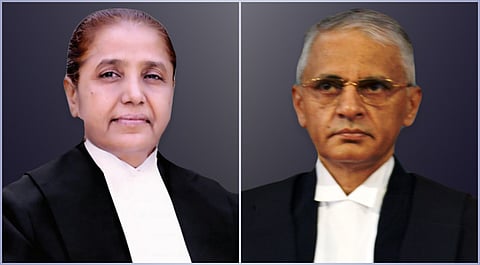
- News
- Columns
- Interviews
- Law Firms
- Apprentice Lawyer
- Legal Jobs
- हिंदी
- ಕನ್ನಡ

The Supreme Court has held that proceedings under Section 34 of the Arbitration and Conciliation Act, 1996 are summary in nature and parties cannot be allowed to adduce additional evidence to prove specific grounds of challenge.